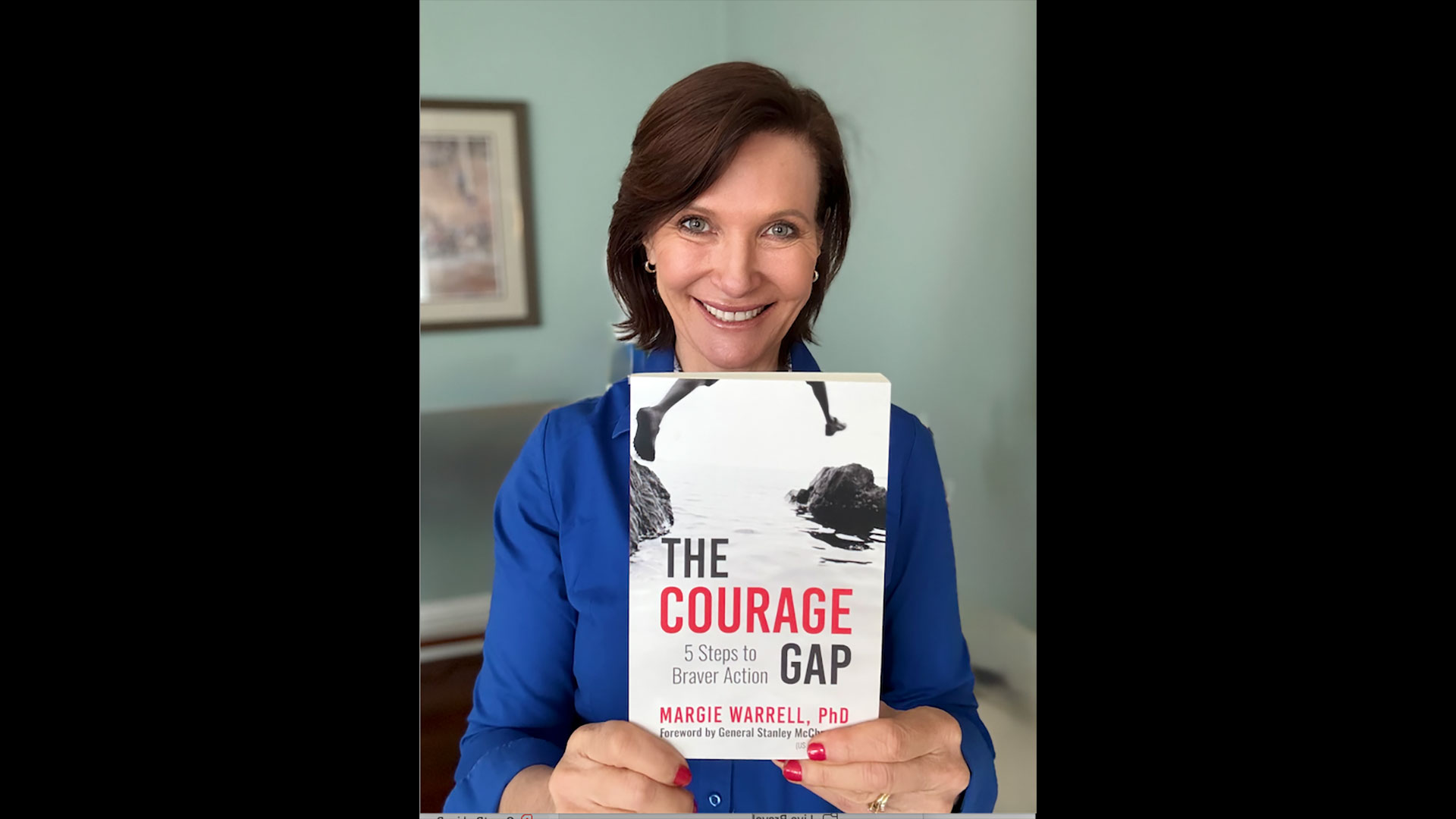At certain points in their leadership journey, most executives reflect on their past and future direction. The beginning of the year serves as an opportunity to look back on what we’ve endured and to look forward to what’s possible. For many, this reflection occurs against a backdrop of challenges and losses. For example, consider the wildfires that have swept through Los Angeles—devastating, relentless, yet also a powerful metaphor for resilience. Amid the ashes, new growth will ultimately emerge. In most situations, we, too, must find the strength to rise again.
What makes resilience such a defining trait during challenging times? It enables us to survive and thrive, even when the odds seem stacked against us. This principle is evident not only in personal growth but also in executive leadership. Resilience is the foundation that allows leaders to stay composed, give their teams hope, and ultimately move forward.
What Is Resilience?
Resilience isn’t just about bouncing back; it’s about how we rebuild, adapt, and learn after a setback. It’s a cocktail of hope and determination. It takes tenacity to push through difficulties and lightheartedness to endure them without losing yourself. Resilience, in essence, is a contradiction—it requires us to be grounded and flexible, patient and persistent, optimistic yet realistic.
Some setbacks demand perseverance—pushing through until the storm passes. Others call for creativity, adaptability, and the courage to explore new possibilities. And sometimes, resilience simply means accepting what we can’t control while figuring out how to work with what remains.
Years ago, Daryl Conner wrote Managing at the Speed of Resilience. His insight into the subject reminds us that resilience is about enduring hardship and growing through it. Conner offers three crucial lessons that apply to both personal and professional lives:
- Understand that change is constant. Resilience isn’t about preventing challenges—it’s about being ready when they arise.
- Build internal and external resources. Having mental strength, emotional support, and practical systems in place equips you to face difficulties.
- View challenges as opportunities for transformation. Every setback contains lessons that will help you become a stronger, wiser version of yourself.
Developing Your Resilience
Through my own experiences—in life and coaching—I’ve learned that resilience is both an art and a skill. It’s an art because no two people’s paths to resilience look exactly the same. It’s a skill because you can nurture and develop it over time. Here are some strategies to consider:
- Assess Yourself: Self-awareness is critical. Pay attention to how you react to challenges. Are you quick to crumble or approach situations with curiosity and creativity? Regular self-assessment allows you to spot growth areas and celebrate what you’re already doing well.
- Observe Others: Resilience often leaves a trail. Watch how others, especially those you admire, handle setbacks. What habits or mindsets set them apart? Learning from peers, mentors, or even public figures can inspire you to adopt strategies that strengthen your resilience.
- Align with Your Values: Understanding what truly matters to you provides a strong foundation to rely on during uncertain times. When you make decisions rooted in your values, it becomes easier to navigate external challenges.
- Exercise Agency: Resilience means working with what you can control and letting go of what you can’t. Concentrate on the choices and actions within your power. This might involve seeking new opportunities, establishing boundaries, or simply beginning from where you are.
- Lean on Your Community: Building resilience isn’t a solo venture. A strong support system—friends, family, colleagues—reminds us that we’re not meant to walk through challenges alone. Resilient individuals create communities of mutual support where people lift each other up.
- Stay Curious. Resilience often thrives alongside creativity. When problems arise, look for new approaches, perspectives, and solutions. Sometimes, the act of trying something unexpected can rekindle hope.
The Ripple Effect of Resilience
When you set an example of resilience, you inspire the people around you. Leaders who model this quality bring stability and hope to their teams. Through resilience, you tell others, “We’ll get through this together.”
This is particularly important in leadership roles, where your energy and mindset can establish the tone for an entire group. Resilience helps you foster a sense of belonging, showing others that there’s strength in unity and that challenges are conquerable. It reminds everyone involved, “We’re more than this difficulty. Together, we are capable of rising.”
Even outside formal leadership, resilience has a profound ripple effect. Whether at home, work, or in personal relationships, one’s ability to adapt, persevere, and maintain perspective makes a difference. It fosters connection, inspires hope, and transforms adversity into shared growth.
Why Resilience Matters for Personal Growth
Resilience is the seed from which change grows. It allows us to hold our heads high, even when circumstances feel overwhelming. It sharpens our self-awareness, making us more attuned to our strengths and weaknesses. Most importantly, resilience keeps us moving forward—not as the same person, but as someone who has learned, grown, and deepened their understanding of themselves and their world.
Without resilience, we’re trapped. Challenges turn into walls rather than stepping stones. Individuals who lack resilience frequently get caught in a cycle of blame, bitterness, and inaction. However, when you cultivate resilience, those same walls can transform into doors—or windows that let in light.
A Call to Action
Think about where you are today. Are you running on empty, battered from recent challenges? Or are you ready to reflect, recalibrate, and refuel for what’s ahead? Building resilience requires active effort—but the rewards are undeniable.
Take some time to assess where your resilience stands. What support systems can you lean on? What measures can you take to strengthen yourself emotionally, mentally, and spiritually? And if you need help, don’t hesitate to seek guidance. Whether through coaching or self-reflection, a little effort now can recharge your reserves for whatever comes next.
Resilience is a hallmark of personal development. It’s not just surviving difficult times; it’s thriving despite them. By developing resilience, you’re doing more than preparing yourself for obstacles—you’re planting the seeds for a future rooted in hope, courage, and continual growth.
This article first published on LinkedIN 1/10/25, and was reprinted with permission from the Author.
Join Over 7,500 Fielding Alumni Located Around The World!
Change the world. Start with yours.™






Get Social